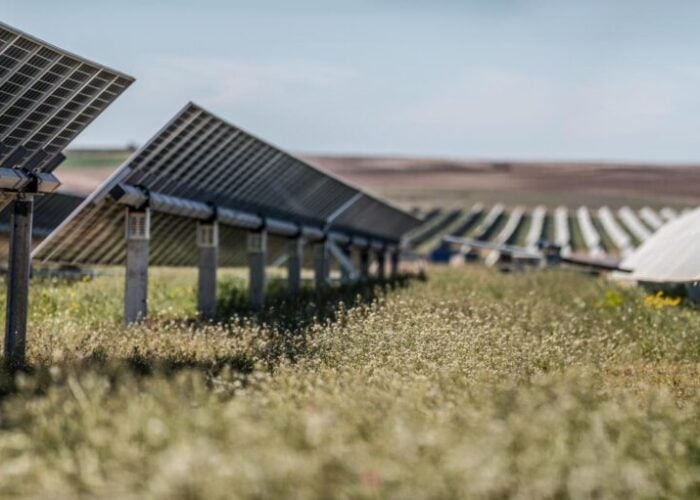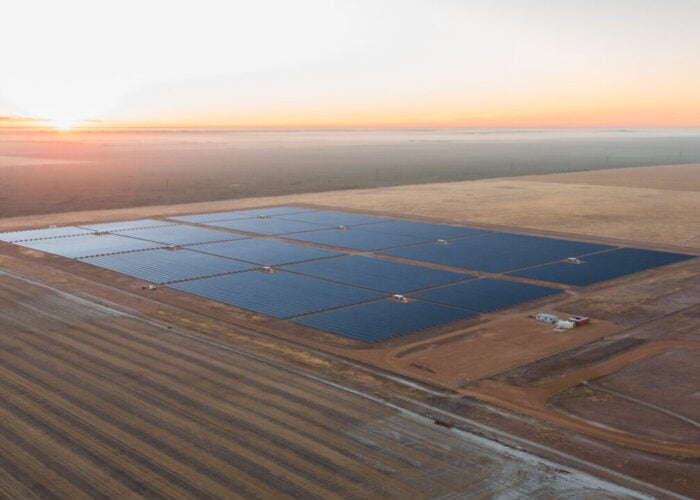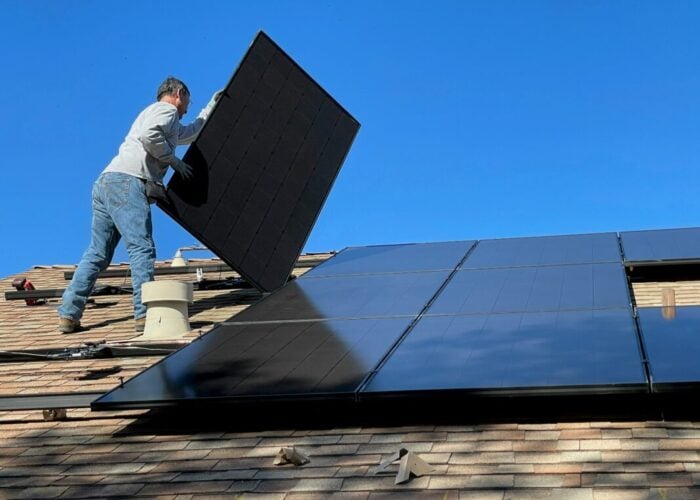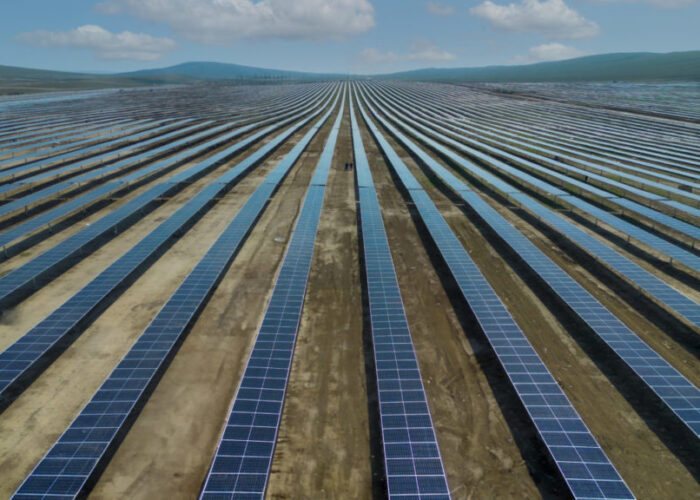
The Spanish government has approved a royal decree aimed at strengthening the power grid’s resilience, robustness and stability in response to the nationwide blackout in April.
Some of the measures passed in this latest royal decree were picked up from the previous one in June, which was ultimately rejected by the Congress of Deputies in July. The previous royal decree was in response to the Iberian blackout that happened on 28 April 2025.
Try Premium for just $1
- Full premium access for the first month at only $1
- Converts to an annual rate after 30 days unless cancelled
- Cancel anytime during the trial period
Premium Benefits
- Expert industry analysis and interviews
- Digital access to PV Tech Power journal
- Exclusive event discounts
Or get the full Premium subscription right away
Or continue reading this article for free
One of the measures taken from the previous royal decree is to make it easier for energy storage to be added to the grid, as Spain targets to have 22.5GW of installed energy storage by 2030.
This will give priority to the hybridisation of energy storage with other operational renewable energy plants, a measure that was welcomed by the Spanish trade association Spanish Photovoltaic Union (UNEF).
“The new regulations will boost energy storage, leading to a more robust system and more competitive electricity prices, said José Donoso, CEO of UNEF.
The measure to boost energy storage’s deployment comes days after Spain’s environment minister Sara Aagesen (pictured above) announced that nearly €840 million (US$964 million) would be awarded to 143 energy storage projects under the European Regional Development Fund (ERDF), as reported on our sister site Energy Storage News. More than half the awarded projects were for the hybridisation of energy storage with other renewable energy projects, with 81 projects out of the 143.
Aside from the measure for energy storage, one of the key aspects of this new royal decree is the establishment of oversight and control measures regarding the voltage control obligations for the electricity sector.
Meanwhile, Red Eléctrica, the Spanish transmission system operator (TSO), will prepare proposals for regulatory modifications such as responses to power oscillations, which were highlighted as one of the three causes of the April Iberian blackout. Other proposals for regulatory modifications include the speed of voltage variation and scheduling of technical restrictions.
According to Spain’s environment ministry, MITECO, these proposals from the TSO will have to be ready in the next three to six months.
However, one of the measures that was not picked up in this new decree pertains to self-consumption, which the Spanish aimed to boost back in June 2025.
A feature on the Iberian blackout and the lessons learned from it was published on PV Tech Power earlier this year, which is accessible to Premium subscribers here.






